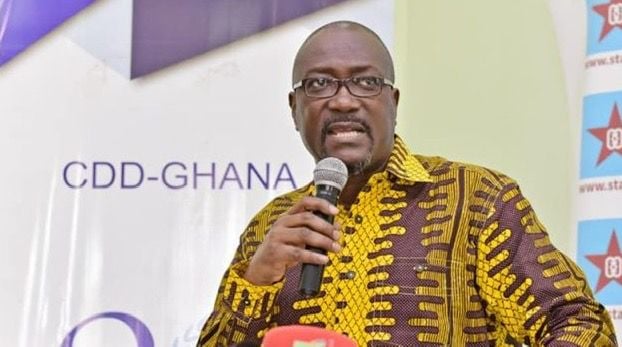Ghana’s 1992 Constitution, the bedrock of the Fourth Republic, is set to undergo a significant review process under the leadership of President John Dramani Mahama. This initiative fulfills a key campaign promise and reflects a growing national discourse surrounding the efficacy and relevance of certain constitutional provisions in the face of evolving societal dynamics and governance challenges. President Mahama’s appointment of an eight-member Constitution Review Committee signals a commitment to a thorough and thoughtful reassessment of the nation’s foundational legal document. This committee, chaired by the eminent legal scholar Professor H. Kwesi Prempeh, embodies a wealth of experience and expertise in law, governance, and public administration, bringing together distinguished individuals with a proven track record of national service. Their mandate is comprehensive, encompassing a review of previous constitutional review efforts, stakeholder engagement, and the formulation of actionable recommendations for amendments.
The committee’s composition reflects a strategic effort to ensure balanced representation and diverse perspectives. It includes Justice Sophia Adinyirah, bringing judicial experience and insight; Professor Kwame Karikari, a renowned media expert and advocate for free expression; Mrs. Charlotte Osei, former chairperson of the Electoral Commission, contributing expertise in electoral processes; Dr. Godwin Djokoto, adding academic and legal scholarship; Ibrahim Tanko Amidu, known for his staunch anti-corruption advocacy; Dr. Esi Ansah, offering expertise in social and developmental issues; and Dr. Rainer Akumperigeya, serving as secretary to provide administrative support and ensure efficient coordination. This diverse group is tasked with not just identifying areas for amendment but also navigating the complex process of building consensus around proposed changes. The President’s emphasis on “proven expertise, dedication to the service of the nation, and commitment to good governance” underscores the gravity of the task and the high expectations placed upon the committee.
Central to the committee’s mandate is a comprehensive examination of the work undertaken by previous constitutional review bodies. The 2010 Constitution Review Commission, under the late President John Atta Mills, undertook extensive public consultations and produced a detailed report recommending numerous amendments. Similarly, the 2023 Constitution Review Consultative Committee further explored potential revisions to address emerging challenges. However, many of the recommendations from these previous efforts have not been fully implemented, leaving crucial gaps in the ongoing evolution of Ghana’s constitutional framework. The current committee is charged with revisiting these earlier recommendations, assessing their continued relevance, and incorporating them into a cohesive and actionable roadmap for constitutional reform.
The committee will engage in a broad-based consultative process, seeking input from various stakeholders across Ghanaian society. This inclusive approach is crucial for ensuring that the proposed amendments reflect the aspirations and concerns of the citizenry. By engaging with civil society organizations, traditional authorities, political parties, professional bodies, and ordinary citizens, the committee aims to build a national consensus around the necessary reforms. This participatory approach is essential for fostering ownership of the constitutional review process and ensuring that the eventual amendments enjoy broad public support. The committee’s ability to effectively synthesize diverse viewpoints and articulate them into concrete proposals will be critical to the success of this endeavor.
The five-month timeframe allocated to the committee underscores the urgency with which the government views this undertaking. Within this period, the committee is expected to conduct extensive research, engage in widespread consultations, and synthesize their findings into a comprehensive report containing concrete and actionable recommendations. This ambitious timeline necessitates a highly focused and efficient approach, leveraging the combined expertise and experience of the committee members. Key areas of focus are expected to include governance structures, decentralization, and public accountability, reflecting ongoing debates around the optimal balance of power within the state and the mechanisms for ensuring transparency and responsiveness in governance. The committee’s recommendations will provide a crucial foundation for parliamentary deliberations and eventual amendments to the Constitution.
The President’s commitment to seriously considering the committee’s recommendations signals a genuine intent to translate their work into tangible constitutional reforms. This political will is essential for overcoming the inherent challenges associated with constitutional amendments. By demonstrating a willingness to engage with the committee’s findings and incorporate them into the legislative process, the President aims to ensure that the revised Constitution reflects the evolving needs and aspirations of the Ghanaian people. Ultimately, the success of this constitutional review process will be measured not only by the quality of the committee’s recommendations but also by the government’s commitment to implementing them and strengthening Ghana’s democratic foundations.


